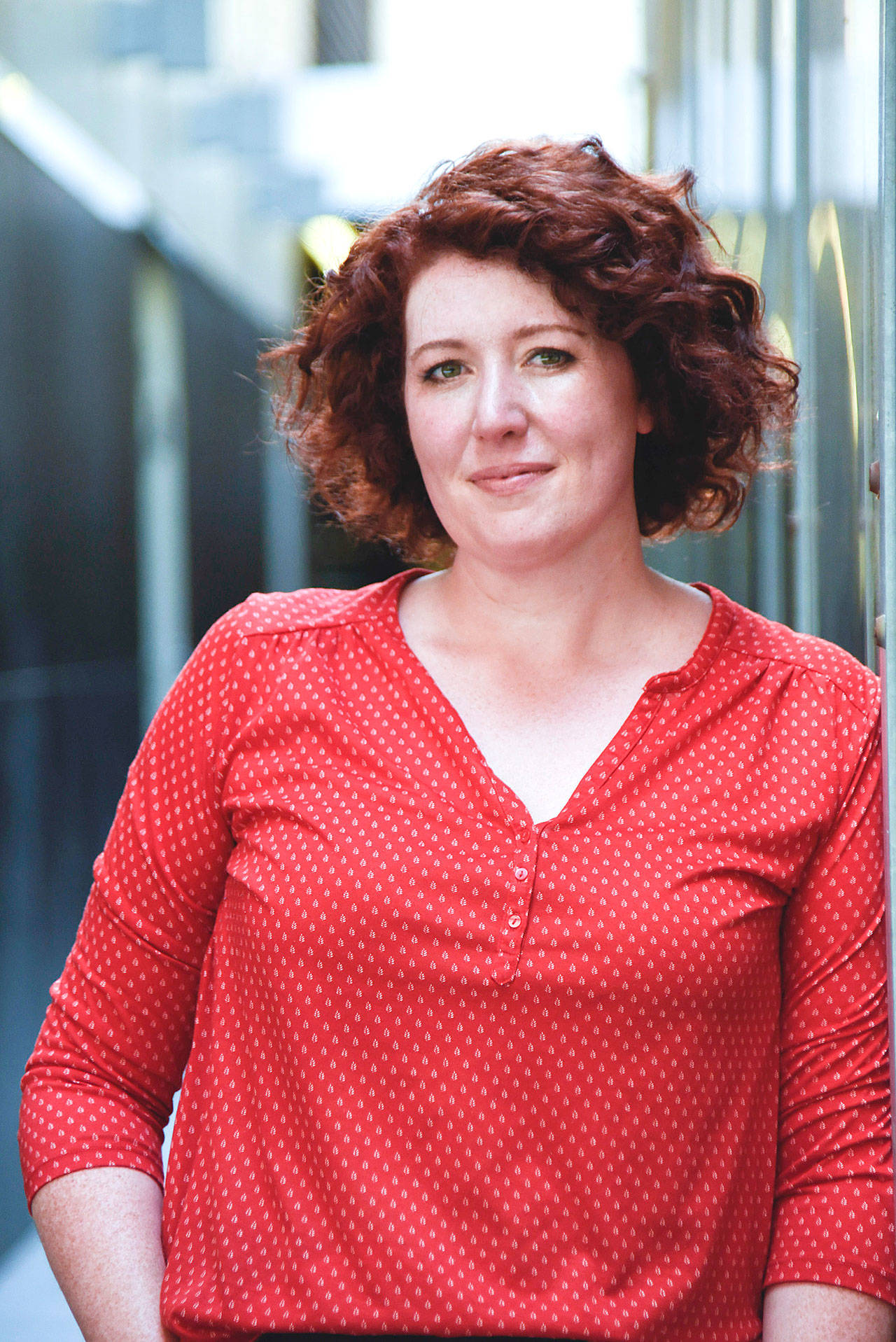By Angela Haupt / The Washington Post
In the opening pages of Jane Harper’s new murder mystery, “The Lost Man,” two brothers meet at the remote fence line that separates their sprawling, desolate cattle ranches. Their middle brother is dead at their feet, his body angled near the worn headstone that provides the only shade in the scorching Australian heat.
This is the Outback, where next-door neighbors live three hours apart, where howling wild dingoes hint at the danger lurking in the unforgiving landscape. In “The Lost Man,” as in Harper’s previous two novels, place is paramount, a multifaceted character that’s in turns brutal and breathtaking.
Author of the bestselling “Girl in Snow,” Harper stopped at Third Place Books at Lake Forest Park on Feb. 5 to talk about her latest standalone novel. Here, she chats with The Washington Post.
Q: You wrote the draft of your first novel, “The Dry,” in 12 weeks, and then submitted it to the Victorian Premier’s Unpublished Manuscript competition. It won, opening the door to what’s become significant commercial and critical success. What made you decide to finally sit down and write it?
A: I’d always wanted to write a novel, but I was never sure if I could. I was a print journalist for 13 years, and I struggled a bit to find the time and motivation to write something of my own outside my full-time job. But it got to the point where I realized it was important enough to me that, even if it never got published, I just wanted to do it for myself.
I knew the awards were held at the same time every year, and having worked in print journalism for so long, I knew I responded really well to deadlines. So I gave myself a deadline to try and enter the competition, to see if I could get any feedback — that was my only aim for entering, because nobody else had read it, and I thought, I’ll see if I get any comments from the judges, whether it’s something worth pursuing or not.
Q: And then you won. Were you floored?
A: I was. I remember getting the phone call saying I had been short-listed, so I was one of three. At that moment, I thought, “Wow, this could really happen. If I take this opportunity and play my cards right, this could actually get published.” It was such a surreal feeling. I still remember it so clearly to this day.
Q: You’ve set each of your books — 2017’s “The Dry,” 2018’s “Force of Nature” and now “The Lost Man” — in isolated corners of Australia. What made you choose the Outback as the setting for this one?
A: I became really fascinated by people who live in such remote communities, (with little) human contact and services and the things we all take for granted. I got to go out there as part of my research and drive across the Outback and speak to people who live miles from anyone else, and it was so fascinating. I’ve never seen anything like it.
Q: Tell us more about that research and reporting.
A: I was out there (in Queensland) for about a week, and before that, I spent four months researching and speaking to people who live in those areas — people who do helicopter mustering, so they round up the cattle from the air, and people who provide medical services in really remote communities, and people who teach in schools, which used to be over the radio and is now online.
I went in February — the height of summer, so it was really hot, easily in the 40s centigrade (over 104 degrees Fahrenheit). I met a retired police officer, who was the only police officer in this Outback town for 10 years, policing an area the size of England all on his own. He drove me 900 kilometers across the Outback, while he told me stories and answered my questions, and we saw incredible scenery. I learned so much from him, and it played into the book in a lot of different ways.
Q: Late last year, it was announced that Eric Bana would star in the movie adaptation of “The Dry.” What’s it like to have your first novel heading to the big screen?
A: It’s really exciting — it’s not something I ever expected to happen when I was writing the book. Eric Bana is a great Australian actor, and they’re actually starting filming here in Australia in February. I’m really looking forward to seeing what happens. So many books get optioned and (the film) never really happens, so the fact that so many people have put time and effort and resources into it is great.
Talk to us
> Give us your news tips.
> Send us a letter to the editor.
> More Herald contact information.

























